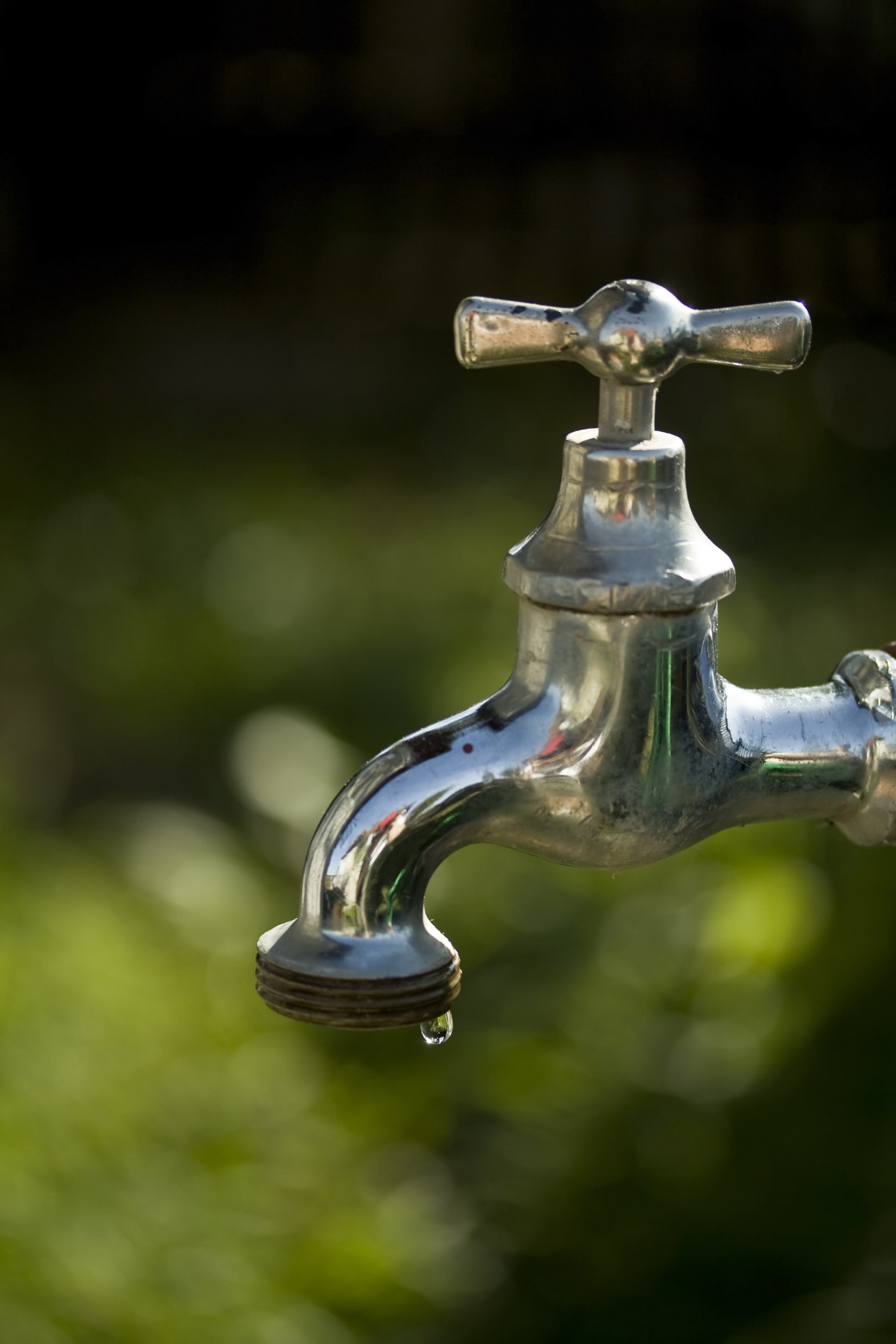PFAS, PFOA or PFA, all also known as per- and polyfluoroalkyl substances, are chemical substances that can likely be found in every home in the United States. Frequently found in firefighting foams and other products like Skotchgard or Teflon, PFAS substances have found a way to make a deep impact on our environment by infiltrating our groundwater. This type of groundwater contamination is critical and requires immediate remediation by professionals with experience.

Why is PFAS so Dangerous?
PFAS does not break down on its own, but instead accumulates to create a mass of chemical substance. According to the EPA, studies have been done to show that when consumed, PFAS can cause higher cholesterol levels, low infant birth weights, cancer, thyroid hormone disruption and have numerous other effects on the immune system. Many Americans unknowingly consume PFAS every day, as it is often found in their drinking water. In fact, PFAS can be found in the drinking water of approximately 110 million Americans and is not easily filtered out with today's technology.
How Did PFAS Get Into Our Groundwater?
PFAS is frequently found in firefighting foam that is used in places such as Air Force Bases and other firefighting training facilities. When used, this firefighting foam seeped into the ground until slowly, over time, seeping into our groundwater.
PBS notes that “what makes PFAS chemicals extremely useful—and extremely hard to get rid of—are the bonds between carbon and fluorine atoms that are almost impossible to break.” This bond allows for what many call a “forever chemical.” The accumulation of PFAS in inevitable in this case and makes the remediation on the substance even more difficult.
Sampling for PFAS
It is important to take frequent samples for PFAS in groundwater, as the EPA suggests that levels remain at less than 70 parts per trillion. According to Geoprobe, this is about “100 times lower than any previous maximum contaminant level set by the EPA. This means that the potential for cross contamination of samples by commonly used products during field sampling becomes a significant concern.“ This explains exactly why it is so crucial to have sampling done by professionals with experience in dealing with the PFAS.
When it comes to PFAS and the dangers that these chemicals bring, trust a team with experience. Talon/LPE’s environmental professionals are equipped with the knowledge and tools to help you correctly assess your situation and provide you with the correct steps moving forward. Contact an environmental professional at Talon/LPE today using the button below.


